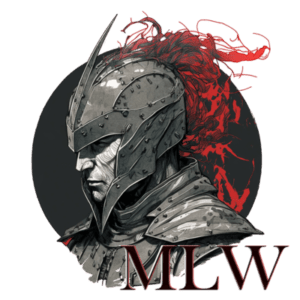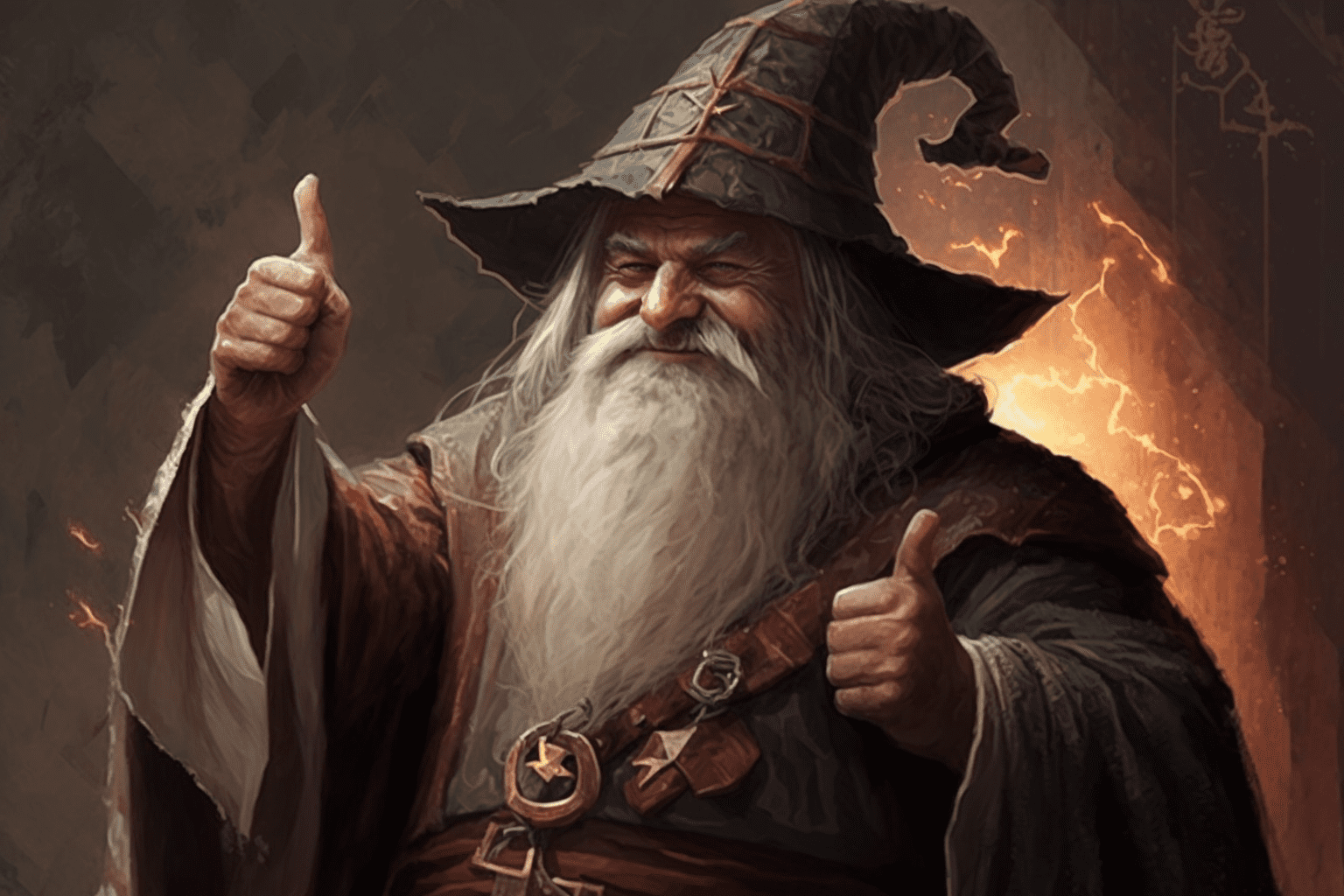A lot of people who are new at DnD stop playing quite quickly because they have a hard time getting into the game. DnD isn’t everyone’s thing, of course, but you can avoid a lot of early exits if you employ some tricks.
That’s why I’ve created this resource. Hopefully, after reading this, you’ve gained some useful tips that you can use to help your friends get into DnD easier.
So, let’s get into the different ways of making DnD more fun for beginners. Most of the points listed are simple things you as an experienced player or beginner can do so that new players have an easier time getting into the game, and staying in the game.
1. Start With Premade Characters
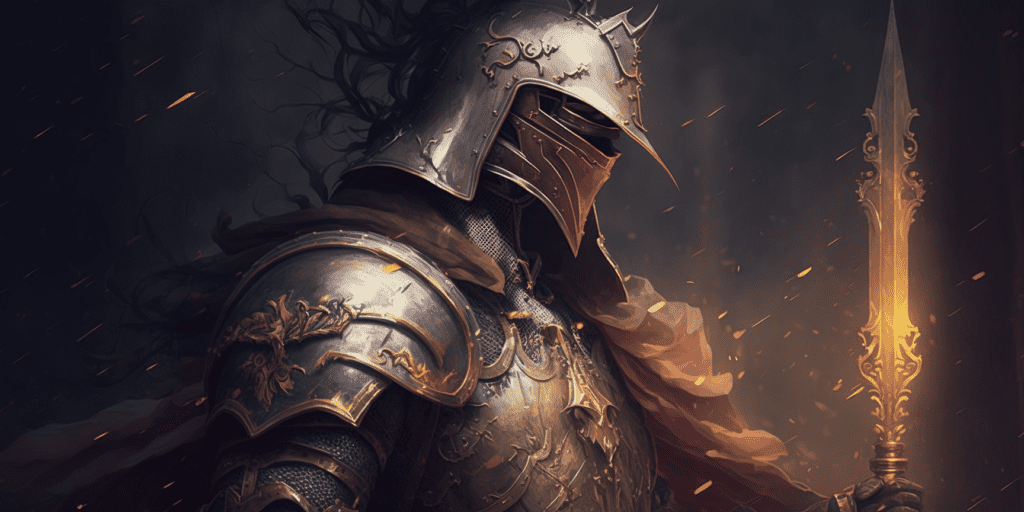
For a lot of new players, it’s confusing and overwhelming creating a brand-new character. That’s where premade characters come in handy. Premade characters have races, classes, abilities, plus gear and backgrounds.
Personally, I’m not a fan of pre-generated characters. I think creating your own character is one of the first things in DnD that really make you invested and committed to the game.
Use it at your own discretion. Ask around in your group: would you like to create your own character or play with premade characters?
2. Create Characters Together

If you do decide to create characters instead of using premade ones, I would strongly advise doing them together as a group. First of all, it’s good in case you want to avoid creating characters that are too similar to each other.
For example, if you already have a character with good healing capabilities, you might not want another one. If you create characters together, you can avoid this.
A lot of groups spend their first session creating characters, and it’s usually fun to make a little event out of it. Moreover, if there’s more than one new player in your group, they can learn the process together and ask questions if they have any.
If everyone creates their characters at home, by themselves, people are going to have their minds set on playing the character that they created.
3. Start With An Easy Story
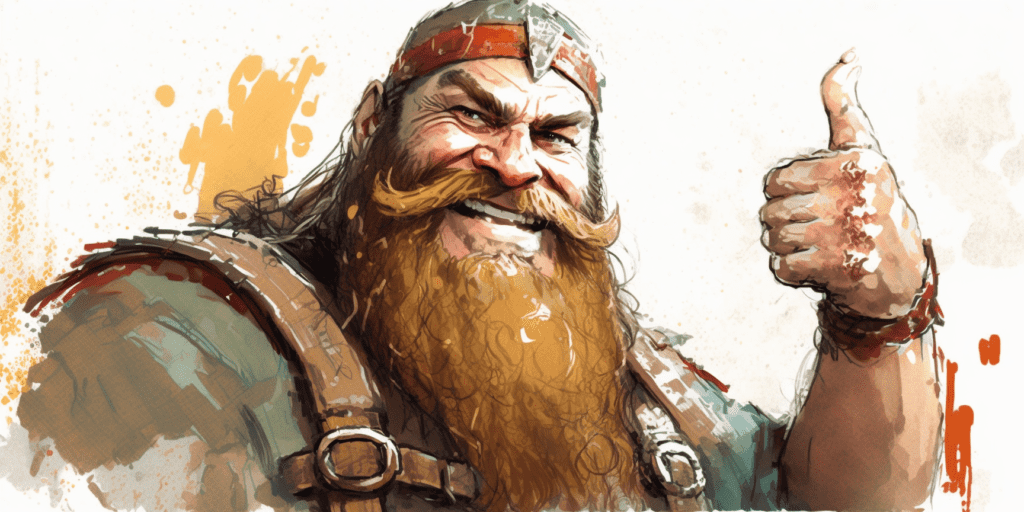
It’s a good idea not to convolute stuff when starting out with DnD. There are a lot of different campaigns to choose from in DnD including endless amounts of homebrew content, but I really recommend starting with something like the Lost Mines of Phandelver.
It’s arguably one of the best DnD campaigns of all time, while still being very beginner-friendly. In fact, the Lost Mines of Phandelver comes with the DnD Starter Set.
Playing a campaign like this will allow players to focus on the mechanics of DnD without getting stuck in a bunch of rules and convoluted storylines. This can help keep the game simple and straightforward, which is especially good for new players.
4. Keep the First Session Short And Sweet

DnD sessions can be very lengthy, that’s for sure. It’s not unusual that DnD sessions go on for 4 or more hours, and depending on how experienced people are in a given group, things might take a long time to even play an encounter or two.
I would advise you to keep it as short as possible for your first session. With information overload being a thing for new players as it is, long sessions can really be fatiguing and leave a sour taste.
Plus, new players might just be trying out the game to see what it’s like, and spending four hours or more can be a bit much.
5. Have a Player’s Handbook Ready

The Player’s Handbook contains all the stuff you need when starting out with DnD. You can find everything pertaining to spells, character creation, combat, and more in the book.
Have at least one PHB handy while you’re playing your first session(s), as it can help with any uncertainties at the table. However, it must be said that you should read up a bit on your character’s capabilities so you don’t have to flip around in the book all the time.
6. Don’t Memorize Every Rule
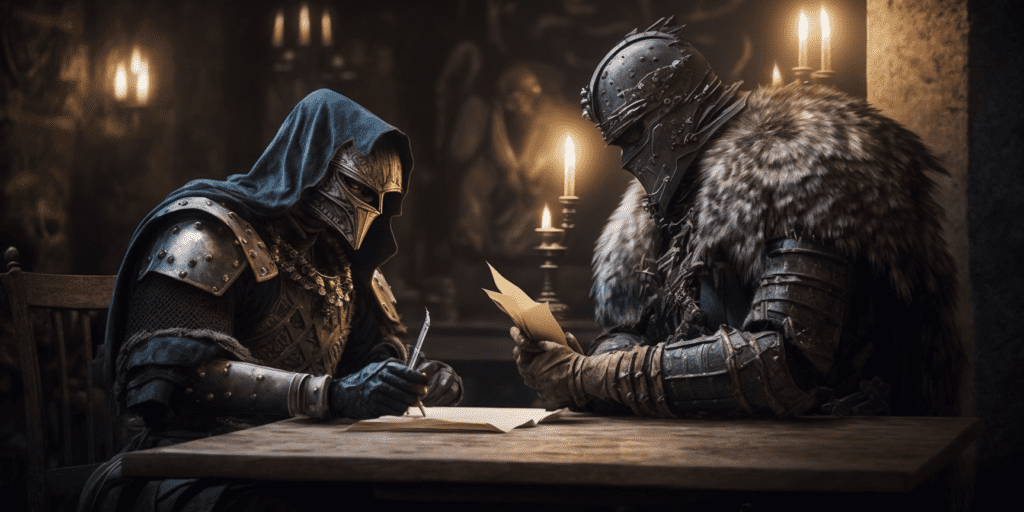
While it’s important to know some stuff about your class, it’s also important to remember that you don’t have to memorize and learn every single rule as a new player.
Not even super-seasoned DMs know every single rule in DnD, and as a new player, it’s important that you know this. Familiarize yourself with the basics of the game, and go from there.
In DnD, learning by doing very much applies. You’ll pick up more and more rules as you play more. With every session, you’ll pick up new stuff, and you’ll do yourself a disservice trying to learn everything at once.
7. Use Visual Aids
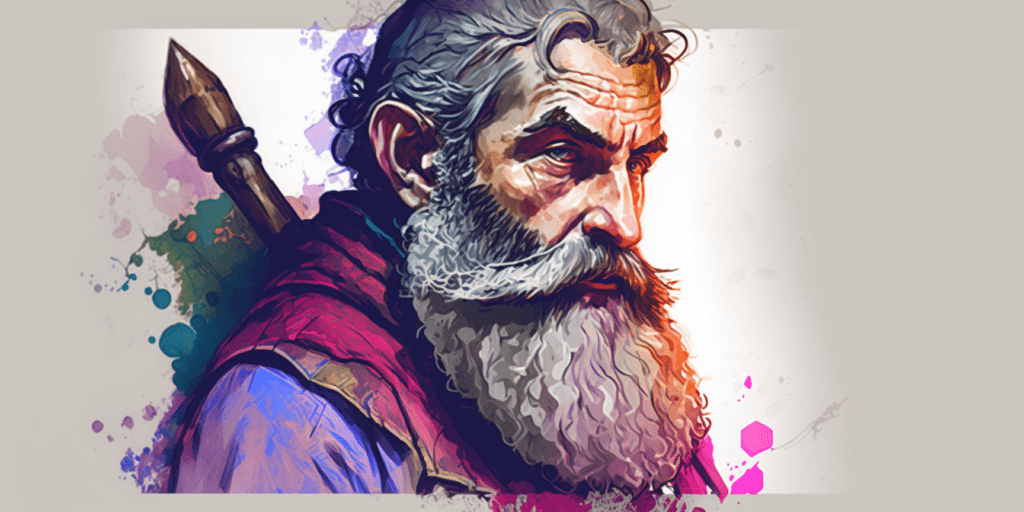
Using visual aids can be a good thing to use to get new players invested in DnD. There are so many options for visual aids in DnD, including apps, miniatures, physical maps, and more.
While the Theater of the Mind is a core aspect of DnD, new players oftentimes appreciate it if you help them out in the beginning, and maps, miniatures, or applications can make playing a lot easier in this sense.
There are a bunch of free apps that you can download on your phone or PC for DnD visual aids, including dungeon generators, town map generators, visual character creation tools, and more. Take a look at our mega-list of good DnD apps below.
Read more: The 19 Best Apps For Dungeons and Dragons
8. Provide Agency
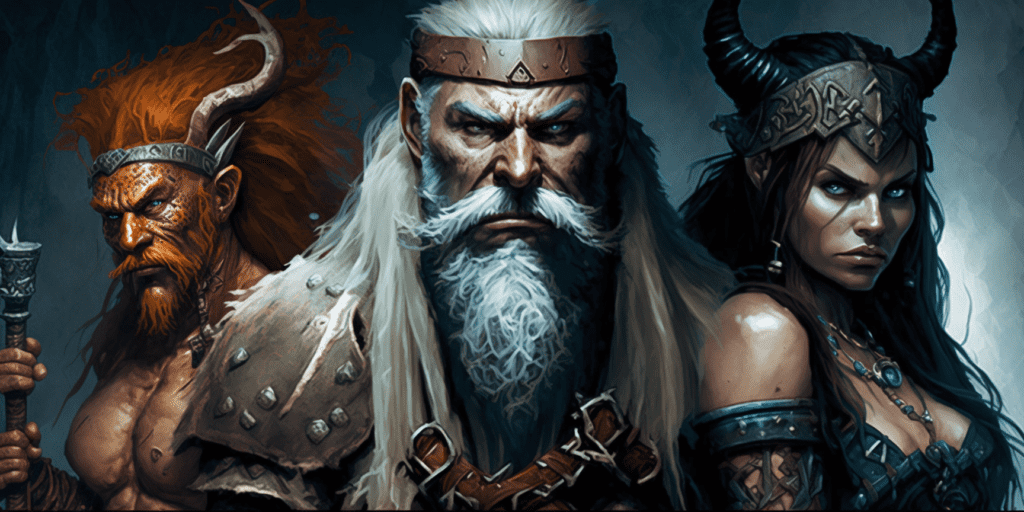
The freedom of choices and consequences in DnD is what makes it particularly great, in my opinion. That’s why you should provide some examples, early on, of player agency and freedom in Dungeons and Dragons.
Have your new player(s) make some choices that have real consequences, and have them do something really impactful early on. This will make sure that they feel important to the success of your party.
Lower the requirements of certain rolls if that’s what it takes. One successful interaction can really make DnD click for people. Plus, this can help new players with their insecurities about not being useful if they’re playing with other, more experienced players.
9. Use Music or Sound Effects

Music and sound effects can have a great effect on players’ imaginations and immersion. New players sometimes have a hard time getting into the theater of the mind thing, and having atmospheric music playing in the background can really help with that sort of thing.
Having ambient fantasy music in the background can set the tone and mood for different types of scenes when you’re playing DnD. For example, have spooky music in the background for some scenes, and epic battle music for combat.
Just remember not to blast music really loud since it can turn from helpful to annoying. Be subtle with it.
10. Reward Players For Their Efforts

When playing DnD, you’re going to encounter loot, fight enemies, and level up. These are all core aspects of DnD. However, it might be an idea to be slightly more generous in the beginning, to give new players a taste of the rewards that players get after completing tasks.
Some DMs are generous in regards to XP and loot and some are slightly more conservative – it doesn’t really matter which way you prefer it, just take it up a notch in the beginning.
As I mentioned earlier, giving players a couple of rewards at an early stage will make them feel invested in the game earlier than they otherwise would have.
